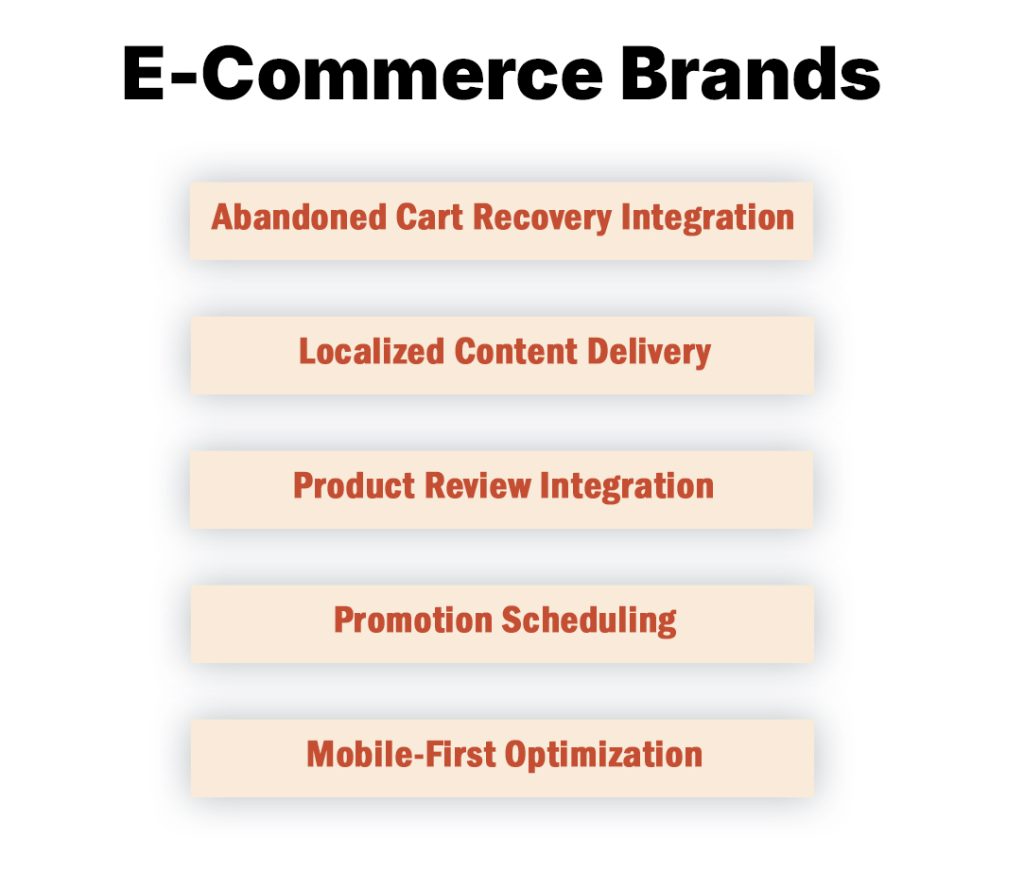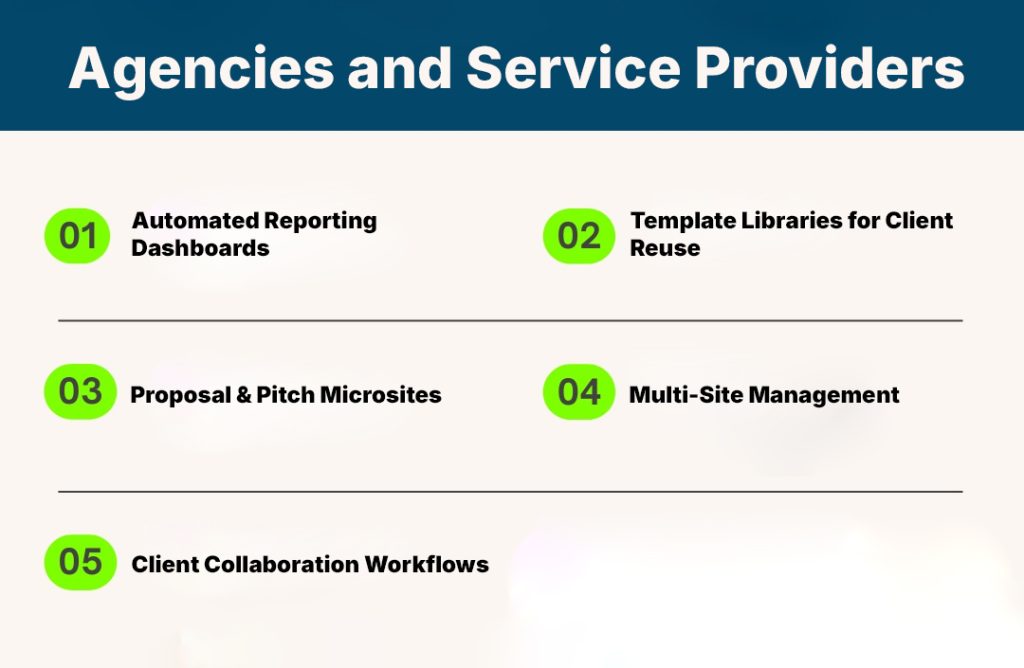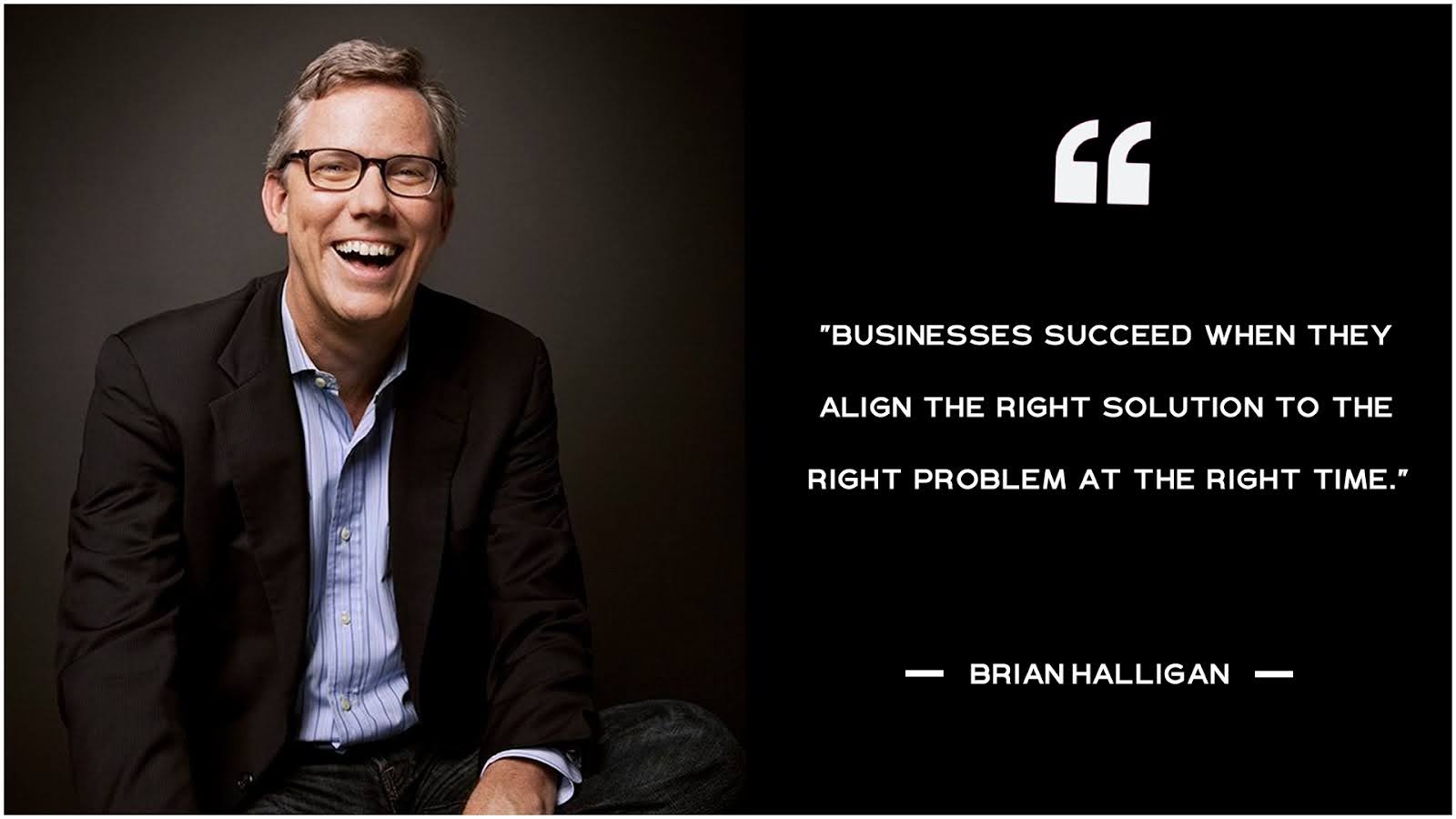Table of Contents
Introduction
2025 is a defining year for content management systems, and HubSpot is leading the charge. The modern CMS is no longer just a place to publish static pages—it’s a dynamic, intelligent platform that serves as the backbone of your customer experience strategy.
HubSpot CMS Hub has evolved into an all-in-one environment where marketers, developers, and business leaders can collaborate to build fast, secure, and personalized digital experiences.
From GPT-powered content generation to built-in SEO automation and CRM-linked personalization, CMS Hub in 2025 represents a significant leap forward. Whether you’re migrating from WordPress, starting from scratch, or looking to upgrade your digital infrastructure.
This guide unpacks everything new in CMS Hub and why it should be on your radar this year.
What’s New in HubSpot CMS Hub
The 2025 update of HubSpot CMS Hub introduces powerful features designed to simplify website management, improve personalization, enhance security, and boost performance. Key highlights include:

- AI-Powered Content Tools: HubSpot now offers AI-driven content suggestions based on trends and audience insights, automated SEO recommendations, and predictive content performance forecasting—streamlining content ideation and improving search visibility.
- Advanced Personalization: Marketers can create precise visitor segments using CRM and behavioral data to deliver dynamic, tailored content modules and even personalize entire pages in real time, driving higher engagement and conversions.
- Developer Experience Upgrades: Updates include enhanced HubL templating, local development tools for faster testing and deployment, beta serverless functions for backend logic without infrastructure, and a revamped theme marketplace featuring optimized and accessible themes.
- Enhanced Security & Compliance: Built-in GDPR and CCPA compliance tools, AI-powered threat detection, automatic SSL management, and granular permission controls help protect data and ensure regulatory adherence.
- Multi-Channel Content Management: A centralized content calendar and repurposing tools allow seamless publishing across websites, emails, and social media, with analytics aggregating cross-channel engagement for unified campaign measurement.
- Next-Generation Analytics: Real-time behavioral tracking, customizable dashboards, attribution modeling, and CRM integration enable precise measurement of visitor journeys and campaign effectiveness.
Key Features of HubSpot CMS Hub

- AI-Driven Content & SEO: Harnessing artificial intelligence, these tools assist marketers by suggesting optimized headlines, relevant keywords, and content structure improvements.
- Dynamic Personalization Engine: This allows websites to display tailored content and offers based on user behavior, CRM data, and visitor attributes. Such real-time personalization increases engagement and conversion rates by delivering exactly what the visitor needs.
- Local Development & HubL Templating: Developers benefit from improved HubL syntax, local development CLI tools, and serverless function support, enabling rapid, flexible website builds with better collaboration and version control.
- Robust Security and Compliance: Built-in GDPR, CCPA compliance tools, automatic SSL management, AI-powered firewall protections, and granular permission controls ensure websites are secure and trustworthy.
- Omnichannel Content publishing: HubSpot CMS Hub now enables publishing across multiple channels — website, email, social media — from a centralized platform, facilitating consistent brand messaging and streamlined campaign management.
- Advanced Analytics and Reporting: Real-time user behavior tracking, customizable dashboards, and multi-touch attribution models provide marketers with the data necessary to make informed decisions and optimize digital strategies.
Benefits of Using HubSpot CMS Hub

- Increased Marketing Agility: AI-powered tools and personalization features enable marketers to quickly adapt to changing audience needs, delivering relevant content more efficiently and effectively.
- Improved Collaboration: With developer tools and marketer-friendly interfaces integrated, teams work more cohesively, reducing bottlenecks and accelerating website updates.
- Enhanced Customer Engagement: Dynamic, personalized content ensures visitors feel valued and understood, which drives higher conversion rates and customer loyalty.
- Stronger Security and Compliance: Automated security measures and compliance tools reduce the risk of breaches and legal issues, fostering trust among users and stakeholders.
- Streamlined Omnichannel Campaigns: Managing content across email, social media, and the web from a single platform saves time and maintains brand consistency, thereby improving campaign reach and impact.
- Data-Driven Decision Making: Advanced analytics empower businesses to measure performance precisely, optimize marketing strategies, and maximize return on investment.
- Scalability and Flexibility: Whether you are a growing startup or an established enterprise, HubSpot CMS Hub scales with your needs, supporting everything from simple websites to complex, customized digital experiences.
Why These Updates Matter for Businesses
The improvements in HubSpot CMS Hub for 2025 are not just incremental upgrades; they represent a significant evolution in how companies can approach web presence and digital marketing. Here’s why these changes matter.

- Smarter Tools for Marketers: The AI-driven content tools and personalization capabilities reduce manual workload and improve content relevance, making marketing efforts more efficient and impactful.
- Bridging Marketing & Development: HubSpot CMS Hub’s enhancements for developers — such as local development tools, improved templating, and serverless functions — facilitate faster, cleaner website builds and updates.
- Better Customer Personalization: HubSpot’s improved segmentation and dynamic content tools enable businesses to create unique, memorable experiences that drive engagement and conversions.
- Proactive Security & Privacy: With growing cyber threats and strict privacy laws, businesses must safeguard user data and comply with regulations. HubSpot’s built-in security features and compliance tools reduce risk and build consumer trust.
- Unified Omnichannel Strategy: Consumers interact with brands across multiple platforms and devices. HubSpot CMS Hub’s integrated multi-channel content management ensures consistent messaging and seamless user experiences.
- Driving Data-Driven Growth: The advanced analytics tools help businesses track, measure, and optimize their digital efforts in real-time. Being able to connect website behavior directly with sales outcomes creates a clear ROI picture and supports continuous improvement.
Practical Use Cases
E-Commerce Brands
In the fast-paced world of online retail, HubSpot CMS Hub provides tools that enable personalization at scale and operational efficiency.

- Abandoned Cart Recovery Integration: Use serverless functions to connect with e-commerce platforms and trigger recovery workflows directly from CMS pages.
- Localized Content Delivery: Automatically serve translated content or localized currency/pricing based on visitor geography.
- Product Review Integration: Display real-time customer reviews using custom modules connected to your review platform.
- Promotion Scheduling: Plan time-sensitive content, banners, and promotional offers using the centralized content calendar.
- Mobile-First Optimization: Utilize built-in responsive design templates and testing tools to ensure high performance on mobile devices.
B2B Technology Companies

- Content Gating and Lead Capture: Easily create gated whitepapers, webinars, and demos with integrated forms that push leads directly to your CRM.
- Lifecycle Stage Content Delivery: Show different messages and CTAs based on whether the user is a prospect, MQL, or returning customer.
- Partner Portal Creation: Build secure, access-controlled portals for resellers, distributors, or service partners using granular permission settings.
- Thought Leadership Blogging: Use the AI-powered blog optimizer to regularly publish expert content that ranks well and drives inbound traffic.
- Custom ROI Calculators: Build interactive tools using serverless functions to offer value-added experiences like savings estimators or ROI projections.
Agencies and Service Providers

- Template Libraries for Client Reuse: Create and store reusable, white-labeled themes and modules for rapid deployment across client sites.
- Automated Reporting Dashboards: Build branded client dashboards that automatically pull in KPIs and campaign performance data.
- Proposal & Pitch Microsites: Use drag-and-drop tools to spin up fast, personalized pitch websites for prospects, complete with analytics.
- Multi-Site Management: Manage multiple domains or microsites within one CMS instance, simplifying operations for franchise or multi-brand clients.
- Client Collaboration Workflows: Use role-based access to let clients review, comment on, or approve website drafts without exposing sensitive admin controls.
Conclusion
HubSpot CMS Hub’s 2025 updates signify a major leap forward in content management technology, blending artificial intelligence, personalization, developer tools, security, and omnichannel management into one unified platform.
For businesses navigating an increasingly complex digital landscape, these enhancements provide powerful capabilities to create engaging, secure, and high-performing websites that deliver measurable business value.
Whether you are a marketer looking to automate and personalize content, a developer seeking streamlined workflows, or a business leader wanting to drive growth through data-driven digital strategies, HubSpot CMS Hub’s latest innovations are designed with your needs in mind.
Deepak Wadhwani has over 20 years experience in software/wireless technologies. He has worked with Fortune 500 companies including Intuit, ESRI, Qualcomm, Sprint, Verizon, Vodafone, Nortel, Microsoft and Oracle in over 60 countries. Deepak has worked on Internet marketing projects in San Diego, Los Angeles, Orange Country, Denver, Nashville, Kansas City, New York, San Francisco and Huntsville. Deepak has been a founder of technology Startups for one of the first Cityguides, yellow pages online and web based enterprise solutions. He is an internet marketing and technology expert & co-founder for a San Diego Internet marketing company.



